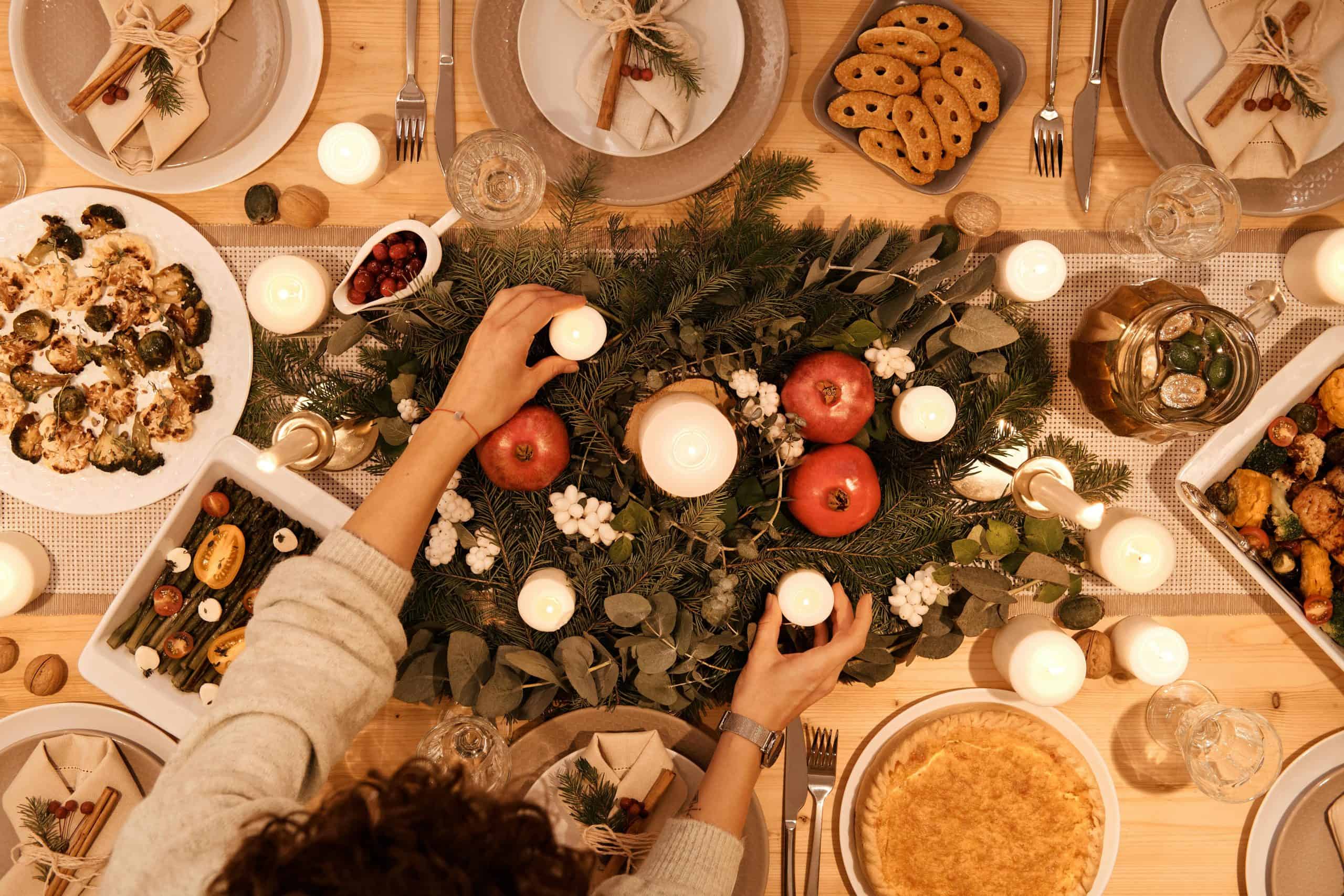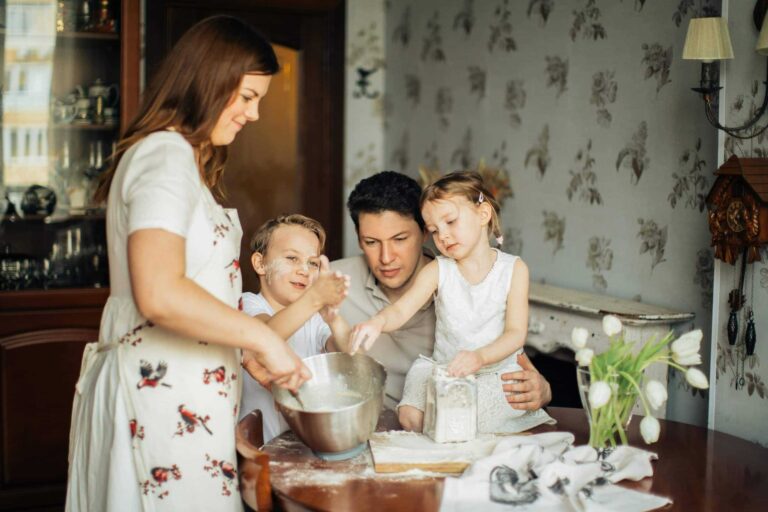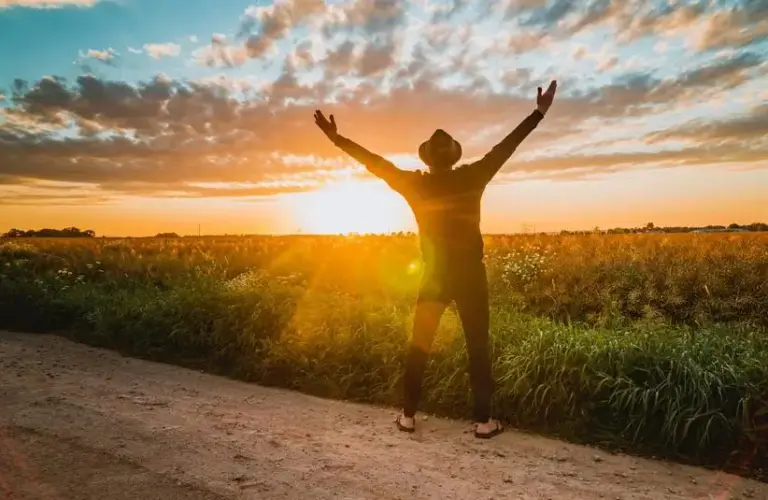Celebrating Family Traditions: Why They Matter
I’ve always admired close-knit families with traditions in their family dynamic. Family traditions form bonds and give families a sense of belonging. Families are all unique. They share the same lineage or ancestry. They even share characteristics like features, mannerisms, and personalities. Each member can discover their identity, feel safe, protected, loved, and accepted.
The highest human needs include safety and the need to belong. Family traditions are a way to foster these needs. Family traditions can also continue the legacy of a family’s ancestors. Many families aren’t aware of their extended family. Celebrating family traditions is a way to bring families together to form bonds. Here are some traditions that families can share.
Holiday Traditions
Holiday traditions are potentially great times for family gatherings. They’re centered around major holidays, like Thanksgiving, Christmas, and July 4th. During these holidays, families celebrate and bond. Everyone meets at Grandma’s house or at the chosen family member’s house.
They get a chance to catch up and share stories while making lasting memories together. This provides a sense of belonging as they form new family relationships, meet the newest ones, and reconnect with those they love.
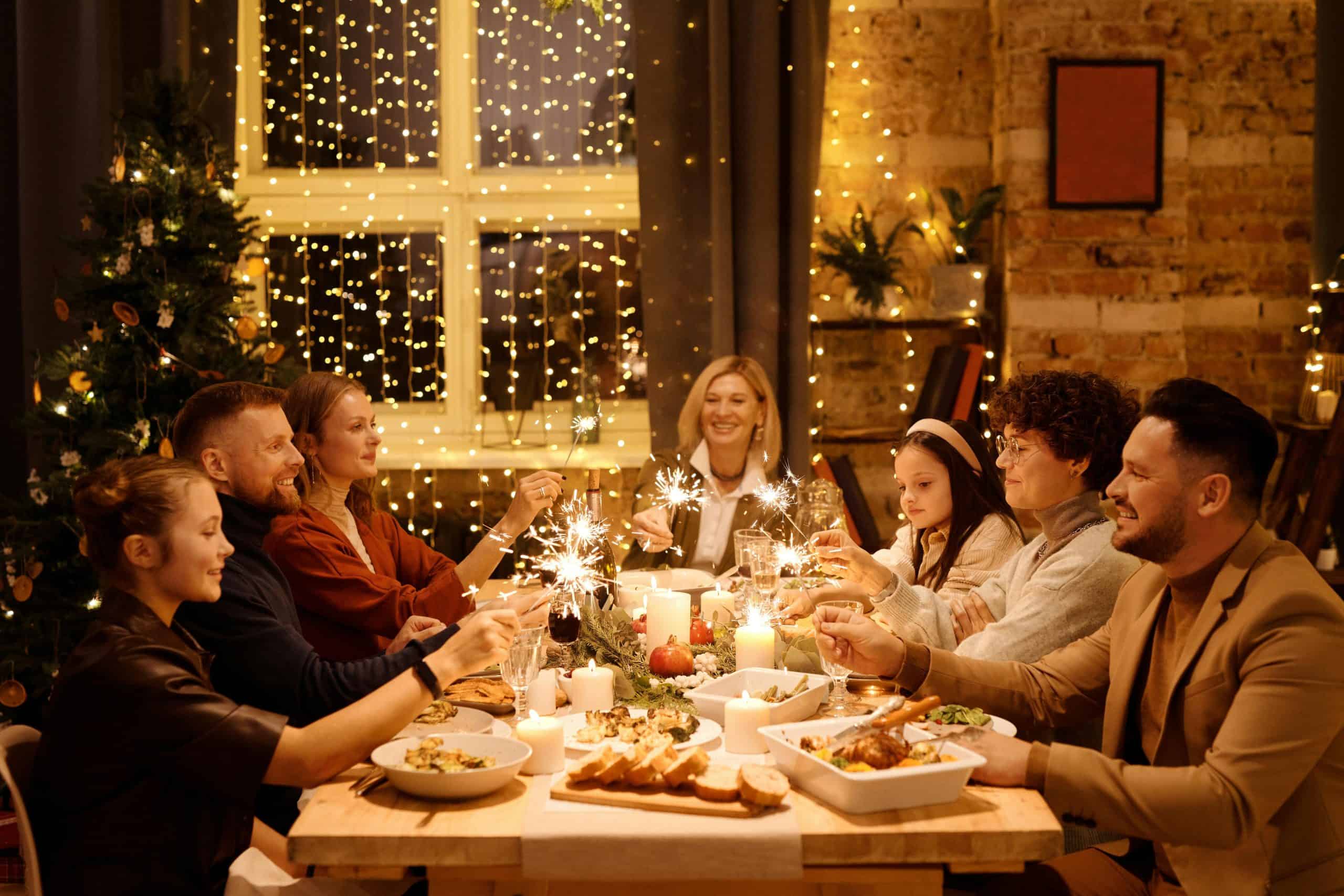
Non-Holiday Traditions
These are the types of traditions that are unique to each family. Some families enjoy going to football games. Attending games and events is a great way to make lasting memories. It also encourages feelings of belonging and identity. These feelings promote emotional well-being and stability, which helps individuals throughout life.
Non-holiday traditions are not centered around holidays. Families decide when to have their own non-traditional events, such as family reunions, Sunday dinners, or family event nights.
Cultural Traditions
Families can also bond over their unique cultural traditions that differ from those of families in their communities. Cultural traditions are experienced and shared, offering a sense of pride. By participating in activities associated with their culture, they foster pride in their heritage.
For example, November is National Native American Heritage Month. Natives celebrate their rich history and culture. There are events, during this time, that celebrate Native Americans’ traditions, such as their cultural style of dress. These events include dancing, singing, and honoring their ancestors, exuding pride by upholding their identity.
Likewise, in the African American community, families may bond during Black History Month in February, which provides them an opportunity to honor past freedom fighters, civil rights leaders, and historic events, as well as honor past achievements. During this month, there are creative arts displays and celebrations that help reinforce pride, belonging, and identity.
Chinese-Americans celebrate the Chinese New Year. They celebrate and honor their past with festivities designed to showcase their culture. And in Mexican-Spanish communities, Cinco de Mayo is celebrated in May, bringing families together to enjoy their culture’s food, music, and dancing, along wth other activities that unite them as a community.
Cultural events are designed to maintain the culture, bonding, and identity that all families need to stay strong..
Family Celebration Traditions
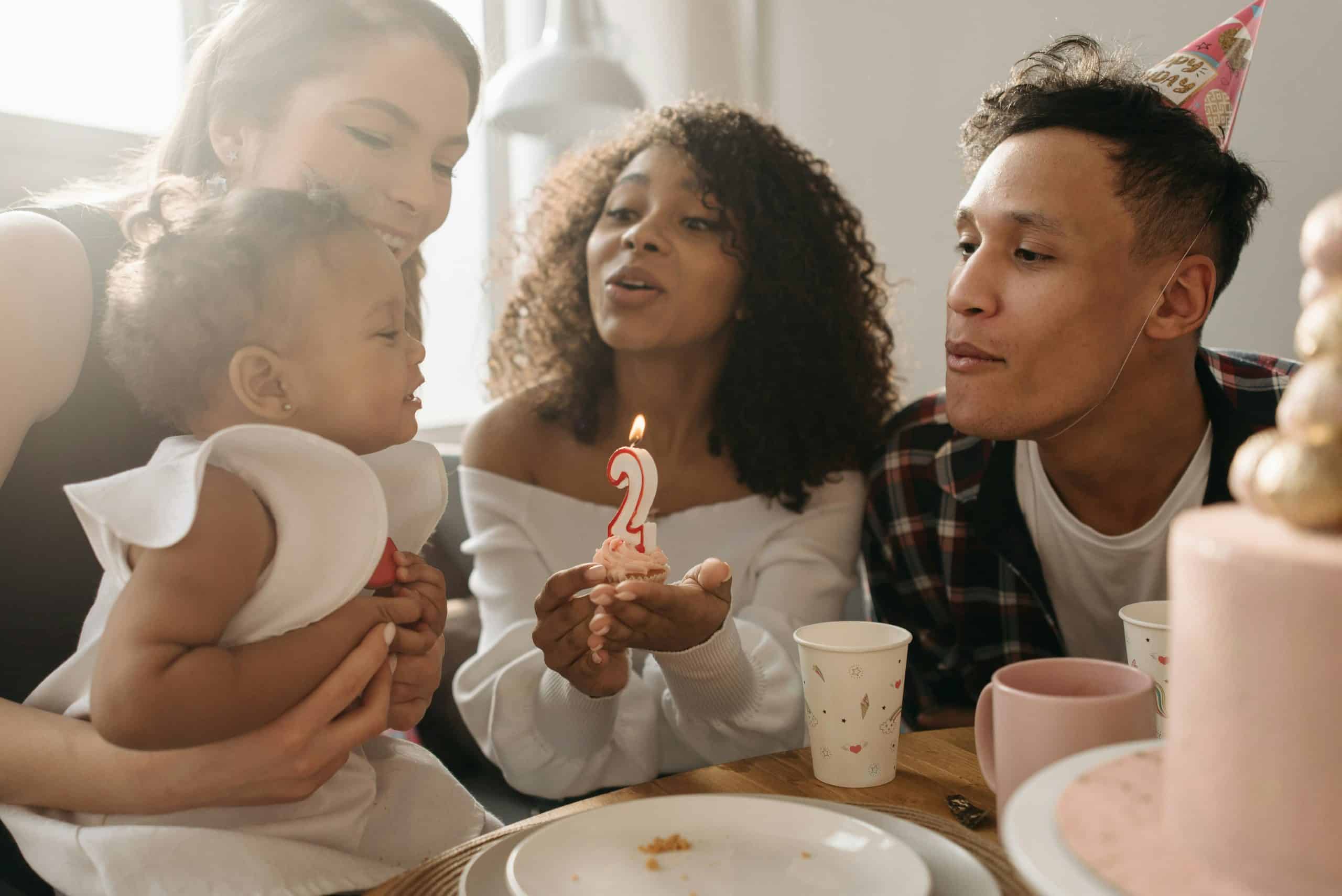
It’s always meaningful when families get together to celebrate graduations, weddings, birthdays, and other milestone events. Members feel supported and loved when they are honored on these occasions. There’s nothing like family gatherings to celebrate each other’s accomplishments.
I’ll never forget receiving my first one-hundred-dollar bill from my aunt and uncle when I graduated from high school. That was their gift to every high school graduate in the family, and I had waited my turn to get mine. Family celebrations are highly valued because of the sense of acceptance and belongingness they give.
Make Family Traditions Last
Families are the people who are often with you for a lifetime. They’re usually going to be with you throughout the highs and lows of life. Families are designed to be close and supportive. They should continue cultural traditions in their individual family units, but be part of a larger family group that shares the same heritage and culture.
Family traditions create memories, strengthen bonds, promote a sense of belonging, and establish identities. People worldwide should embrace traditions that unify families while celebrating their uniqueness and cultural pride.

